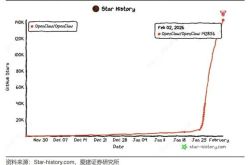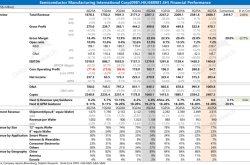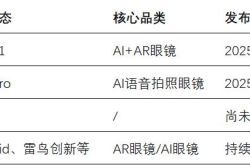America's Tariffs on China Start to Lose Their Bite
![]() 09/15 2025
09/15 2025
![]() 639
639
The tempo of economic globalization might decelerate, yet decoupling is decidedly not a viable path.
Initially, it was anticipated that post-'September 3', nations worldwide would reassess their tariff policies under the duress of the 'Steel Tide March'. Contrary to expectations, some remain oblivious to the prevailing conditions.
On September 10, the Mexican government unveiled plans to escalate tariffs on pivotal imported goods from countries lacking signed trade agreements, with the aim of bolstering local industries and diminishing reliance on Asian imports. Mexico's Economy Minister announced that the proposed legislation had been forwarded to Congress on the same day.
Among the countries without signed trade pacts, aside from China, few boast substantial economic or trade relations with Mexico.
In this legislative round, the Mexican government intends to impose tariffs on 1,371 products, with rates soaring up to 50%. The affected goods span from automotive components to personal skincare items, essentially encompassing all product categories.
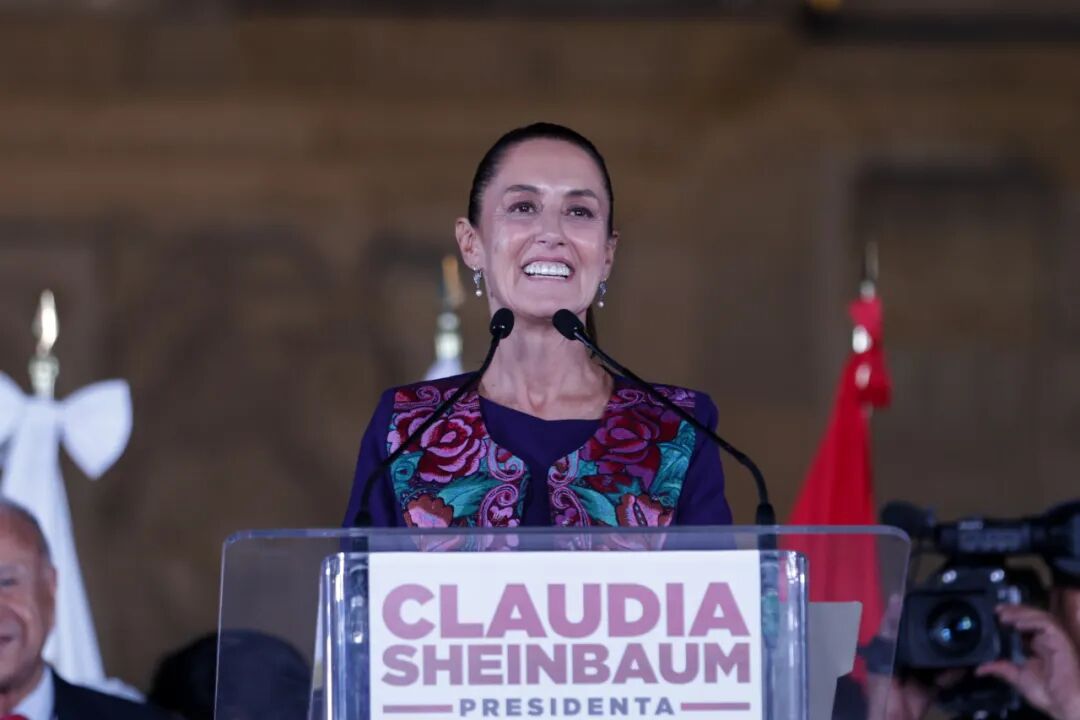
Notably, the tariff rate on imported automobiles will surge to a maximum of 50%.
In reaction, a spokesperson for China's Ministry of Commerce remarked on September 12 that China does not desire to witness the disruption of bilateral economic and trade cooperation and hopes Mexico will proceed with caution and deliberate thoroughly. China will undertake necessary measures based on the actual circumstances to resolutely safeguard its legitimate rights and interests.
As the U.S.'s neighbor, Mexico naturally views the U.S. as its largest trading partner and has long functioned as a conduit for nations like China.
Irrespective of past U.S.-China tensions, trade frequently transited through Mexico. For instance, confronted with elevated automotive import tariffs, numerous Chinese firms established factories in Mexico to market vehicles, which were subsequently re-exported to the U.S. via Mexico's free trade agreements.
According to Mexico's National Institute of Statistics, China exported over 177,000 automobiles and light trucks to Mexico in the initial eight months of this year, emerging as the dominant supplier. Data from the China Passenger Car Association reveals that Mexico has supplanted Russia as China's premier automotive export destination, with exports escalating nearly a quarter year-on-year in the first half of 2025.
Over the past decade, Mexico's trade deficit with China has doubled, rendering a rupture counterproductive.
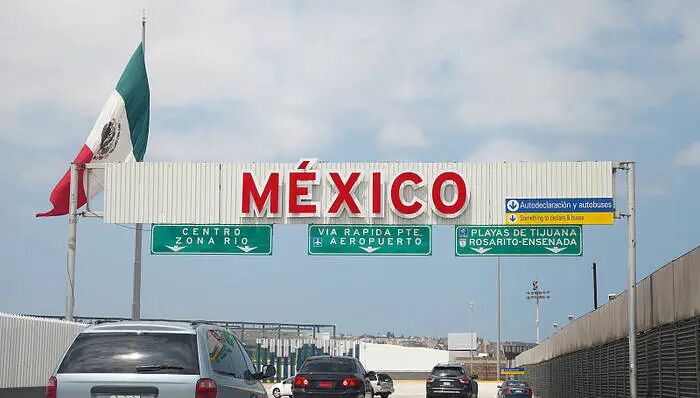
Data indicates that in 2024, Sino-Mexican trade amounted to $109.426 billion, with China exporting $90.232 billion and importing $19.195 billion. China's principal exports to Mexico encompass electronic components, kitchenware, and automotive parts, while imports comprise petroleum, electrical equipment, and medical instruments.
Guillermo Rosales, president of the Mexican Automotive Dealers Association (AMDA), asserted, 'Automotive prices in Mexico may escalate due to tariff hikes.'
Presently, over 800 sales outlets for Chinese-brand vehicles have been established across Mexico, with total investments surpassing 60 billion pesos (approximately 23.1 billion yuan).
Should the tariff policy be enacted, it will inflict substantial losses on these automotive dealers.
Indeed, numerous firms have developed mixed feelings towards Mexico.
Take BYD as an illustration: deliberations regarding the construction of a factory in Mexico have repeatedly stalled this year, with executives citing 'geopolitical uncertainties impeding decision-making' and expediting alternative capacity布局 (production capacity deployment) in markets such as Brazil.

Tesla's new factory in Nuevo León, northern Mexico, originally slated to open in 2024, has encountered repeated delays and may not commence operations until 2026 or 2027.
Behind Mexico's tariff modifications lurks intense political pressure and geopolitical coercion from Washington. International media have observed that the announcement aligns with significant U.S. pressure on Mexico. Leveraging the forthcoming 2026 review of the United States-Mexico-Canada Agreement (USMCA), the U.S. has propelled Mexico to the forefront, attempting to coerce it into sacrificing its interests for U.S. geopolitical strategies.
As the U.S.'s premier trading partner, Mexico exported over $500 billion to the U.S. in 2024, 20 times more than to China. The U.S. also serves as Mexico's largest import source, with Mexico importing over $140 billion in goods from the U.S. that year.
During the inaugural round of U.S.-China trade frictions in 2018 under Trump 1.0, the U.S., Mexico, and Canada inked the USMCA, formally designating Mexico as a transit hub for Chinese goods entering the U.S. market. With the 2026 review of the agreement looming, the current juncture is pivotal.
Mexico's tariff policy appears indiscriminate, even impacting Russia, South Korea, and Turkey, yet is widely perceived as a pledge of fealty to Trump.
Amidst various pressures, Mexico seems to possess limited alternatives—after all, one must yield when under the eaves.
In contrast, the EU has acted more judiciously this time.
The day preceding Mexico's tariff announcement, Trump contacted Brussels, urging the EU to take the lead by imposing up to 100% tariffs on Chinese and Indian goods, with the U.S. following suit. He also implicitly wielded the Ukraine-Russia conflict as leverage against the EU.
In Trump's rationale, China and India now constitute the largest purchasers of Russian energy. By severely restricting these two nations, he aims to sever Putin's financial lifelines and coerce concessions on Ukraine. To entice the EU, Trump pledged that the U.S. would 'match any tariffs imposed'.
Currently, an EU delegation has journeyed to Washington to deliberate on feasibility, implementation strategies, and specifics.
Nevertheless, in the emerging Sino-U.S.-EU triangular dynamic, Europe is discreetly selecting its allegiance. Evidently, the EU has gleaned lessons from past betrayals. In recent months, Portugal's Prime Minister and the UK's Trade Secretary have undertaken high-profile visits to China, while German Chancellor Merz publicly declared, 'Europe must diminish its dependence on the U.S.'
From their vantage point, the tempo of economic globalization might decelerate, yet decoupling is decidedly not a viable path.
Note: Image sources are derived from the internet. Should any infringement be identified, please contact us for removal.



